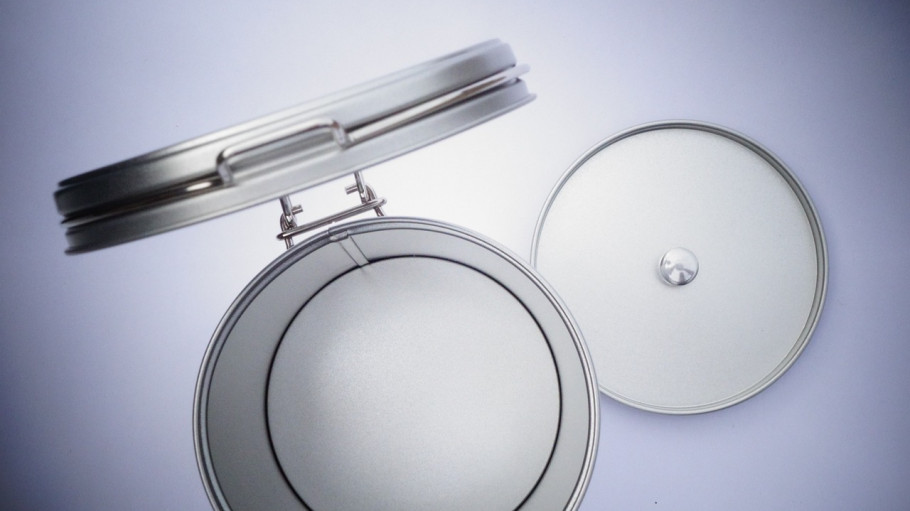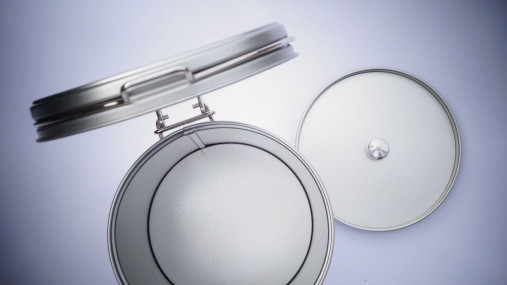
Press releases » New EU anti-dumping investigation on Chinese tinplate is crucial step to restore level playing field for European steelmakers, welcomes EUROFER
New EU anti-dumping investigation on Chinese tinplate is crucial step to restore level playing field for European steelmakers, welcomes EUROFER
Downloads and links
Recent updates

Brussels, 16 May 2024 – The initiation of a new anti-dumping investigation on imports of tinplated steel products from China announced today by the European Commission is an important step towards restoring a level playing field for the EU producers, says the European Steel Association welcoming the opening of the procedure.
“Chinese mills have been flooding the EU market for at least the past four years with their overcapacities of tinplate at dumped prices, putting immense pressure on EU producers that were forced to reduce their prices regardless of the evolution of costs”, said Axel Eggert, Director General of the European Steel Association (EUROFER). “As steel is at the core of many value chains, the impact of dumped steel products from third countries is not only a problem for our sector but is systemic for the wider EU economy and employment”, he warned.
The influx of cheap tinplate imports from China has already had serious repercussions on EU tinplate producers. In particular, besides squeezing profit margins, it has resulted in reduced production volumes, capacity utilisation, and market share, therefore causing severe injury to EU steelmakers. The EU industry lost a quarter of its sales volume from 2021 to 2023, whereas the market share of EU consumption taken by Chinese imports more than doubled in the same period.
The timely opening of an anti-dumping investigation by the European Commission is an indispensable first step to help restore a level playing field for the EU tinplate industry, as well as to preserve thousands of jobs in the EU tinplate industry across Europe and ensure a long-term and reliable source of tinplate supply to entire value chains.
“Maintaining and developing further the European tinplate industry is key for downstream sectors, which need a healthy steel industry that can continue to supply tinplate with innovative and environmentally responsible production processes. We expect the Commission to take appropriate measures following the opening of this investigation”, concluded Mr. Eggert.
Contact
Lucia Sali, Spokesperson and Head of Communications, +32 2 738 79 35, (l.sali@eurofer.eu)
About the European Steel Association (EUROFER)
EUROFER AISBL is located in Brussels and was founded in 1976. It represents the entirety of steel production in the European Union. EUROFER members are steel companies and national steel federations throughout the EU. The major steel companies and national steel federation of Turkey and the United Kingdom are associate members.
The European Steel Association is recorded in the EU transparency register: 93038071152-83.
About the European steel industry
The European steel industry is a world leader in innovation and environmental sustainability. It has a turnover of around €191 billion and directly employs around 303,000 highly-skilled people, producing on average 140 million tonnes of steel per year. More than 500 steel production sites across 22 EU Member States provide direct and indirect employment to millions more European citizens. Closely integrated with Europe’s manufacturing and construction industries, steel is the backbone for development, growth and employment in Europe.
Steel is the most versatile industrial material in the world. The thousands of different grades and types of steel developed by the industry make the modern world possible. Steel is 100% recyclable and therefore is a fundamental part of the circular economy. As a basic engineering material, steel is also an essential factor in the development and deployment of innovative, CO2-mitigating technologies, improving resource efficiency and fostering sustainable development in Europe.

Brussels, 05 June 2025 – The high level of uncertainty and major disruptions caused by the new U.S. tariffs have dealt a severe blow to recovery expectations in the steel market for 2025. Against the backdrop of broader economic resilience driven by services, industry remains weak, weighing on steel demand and consumption. Recovery is not expected before 2026, and only if positive developments emerge in the global geoeconomic outlook. According to EUROFER’s latest Economic and Steel Market Outlook, the recession in apparent steel consumption will continue in 2025 (-0.9%) for the fourth consecutive year (-1.1% in 2024), contrary to earlier forecasts of growth (+2.2%). A similar trend is expected for steel-using sectors, with another recession in 2025 (-0.5%, after -3.7% in 2024) instead of a projected recovery (+1.6%). Steel imports remained at historically high levels (27%) throughout 2024.
Second quarter 2025 report. Data up to, and including, fourth quarter 2024
Brussels, 4 June 2025 – With U.S. blanket tariffs now raised to 50%, the only way to avoid the further erosion of the European steel market and another blow to European steelmakers is the swift implementation of the “highly effective trade measure” promised by the European Commission in its Steel and Metals Action Plan. A negotiated solution between the EU and the U.S. is also vital to preserve EU steel exports to the U.S., warns the European Steel Association.